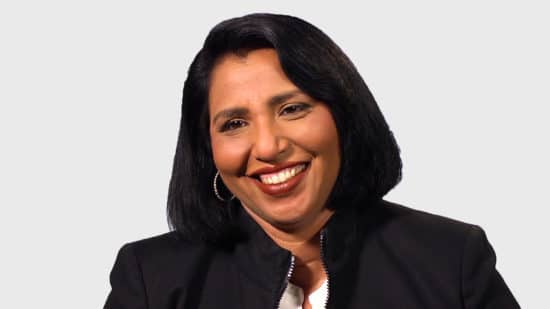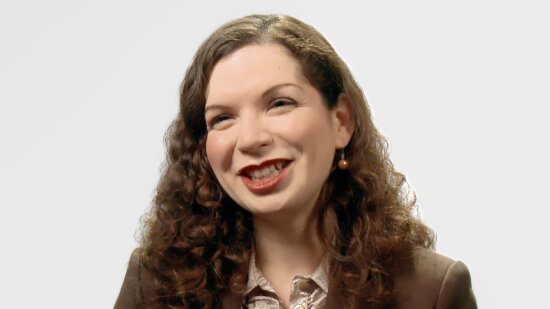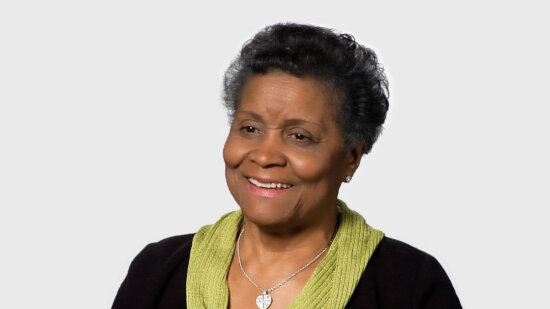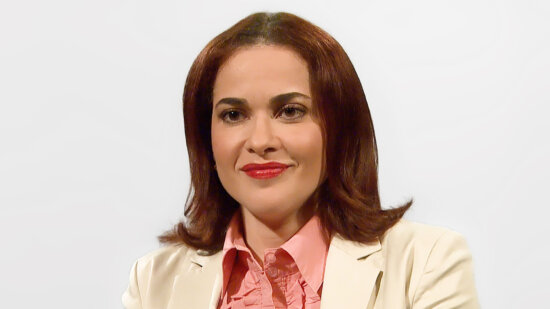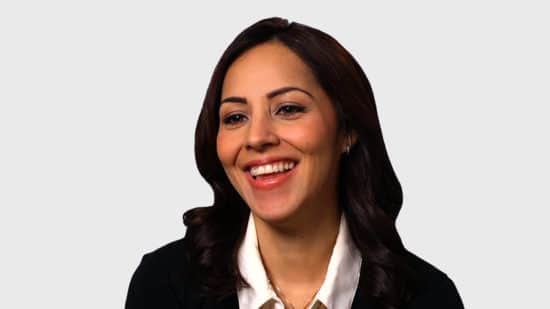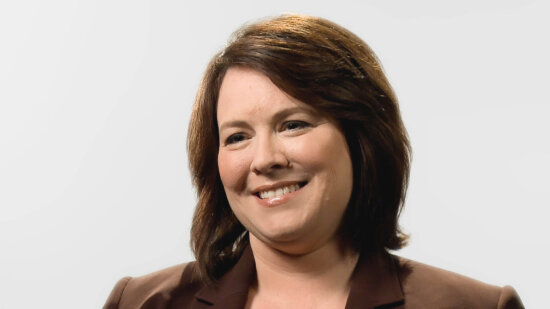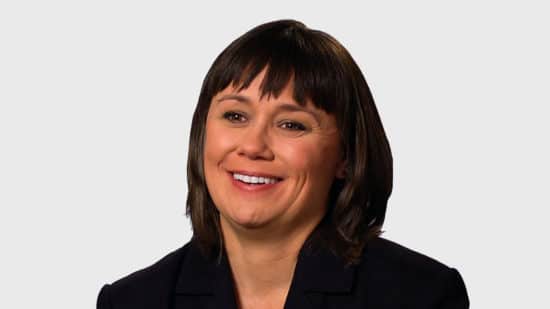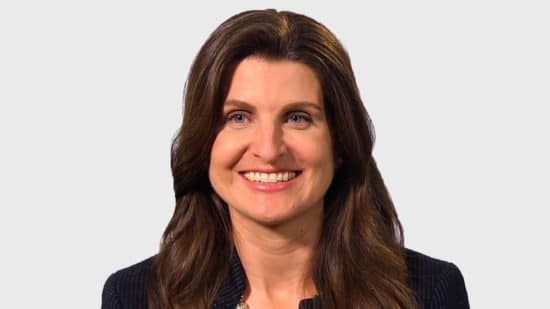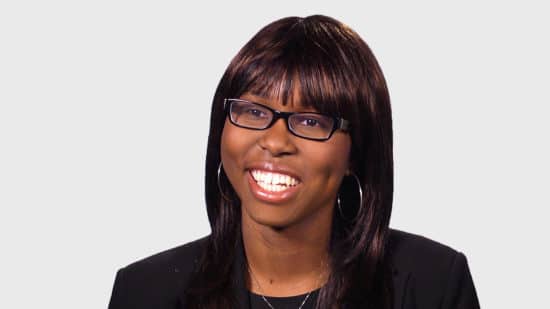Medical Scientist
What you need to know
Medical scientists conduct research aimed at improving overall human health. They often use clinical trials and other investigative methods to reach their findings.
Medical scientists spend most of their time studying data and reports to find breakthrough in their research. They work in laboratories and can sometimes work with dangerous biological samples and chemicals, but they take precautions that ensure a safe environment.
Some of the things a medical scientist might do:
- Design and conduct studies that investigate both human diseases and methods to prevent and treat them
- Prepare and analyze medical samples and data to investigate causes and treatment of toxicity, pathogens, or chronic diseases
- Standardize drug potency, doses, and methods to allow for the mass manufacturing and distribution of drugs and medicinal compounds
- Create and test medical devices
- Develop programs that improve health outcomes, in partnership with health departments, industry personnel, and physicians
- Write research grant proposals and apply for funding from government agencies and private funding sources
- Follow procedures to avoid contamination and maintain safety
Watch this video to learn more about what our medical scientist role models do:
- Communication skills. Communication is critical, because medical scientists must be able to explain their conclusions. In addition, medical scientists write grant proposals, because grants often are required to fund their research.
- Critical-thinking skills. Medical scientists must use their expertise to determine the best method for solving a specific research question.
- Data-analysis skills. Medical scientists use statistical techniques, so that they can properly quantify and analyze health research questions.
- Decision-making skills. Medical scientists must determine what research questions to ask, how best to investigate the questions, and what data will best answer the questions.
- Observation skills. Medical scientists conduct experiments that require precise observation of samples and other health-related data. Any mistake could lead to inconclusive or misleading results.
Watch this video to learn more about what skills are needed to be a successful medical scientist:
The average pay for medical scientists in the United States was $100,890 in May 2023 according to the U.S. Bureau of Labor Statistics.
A medical scientist’s pay depends on factors such as level of experience, education and training, geographic location, and specific industry.
About 7,500 new job openings for medical scientists are projected each year, on average, over the next 10 years in the United States.
Overall employment of medical scientists is projected to grow 10 percent from 2022 to 2032 according to the U.S. Bureau of Labor Statistics. This is much faster than the average growth rate for all occupations.
Demand for medical scientists will stem from greater demand for a variety of healthcare services as the population continues to age and rates of chronic disease continue to increase.
These scientists will be needed for research into treating diseases, such as Alzheimer’s disease and cancer, and problems related to treatment, such as resistance to antibiotics.
In addition, medical scientists will continue to be needed for medical research as a growing population travels globally and facilitates the spread of diseases.
There are a few different options for geneticists based on your education level. At the minimum, you will need to complete a Bachelor’s Degree and some major options include:
Undergraduate students benefit from taking a broad range of classes, including life sciences, physical sciences, and math. Students also typically take courses that develop communication and writing skills, because they must learn to write grants effectively and publish their research findings.
After students complete their undergraduate studies, they typically enter Ph.D. programs. Dual-degree programs are available that pair a Ph.D. with a range of specialized medical degrees where students learn both the clinical skills needed to be a physician and the research skills needed to be a scientist.
Watch this video to learn more about how to become a medical scientist from our role models:
